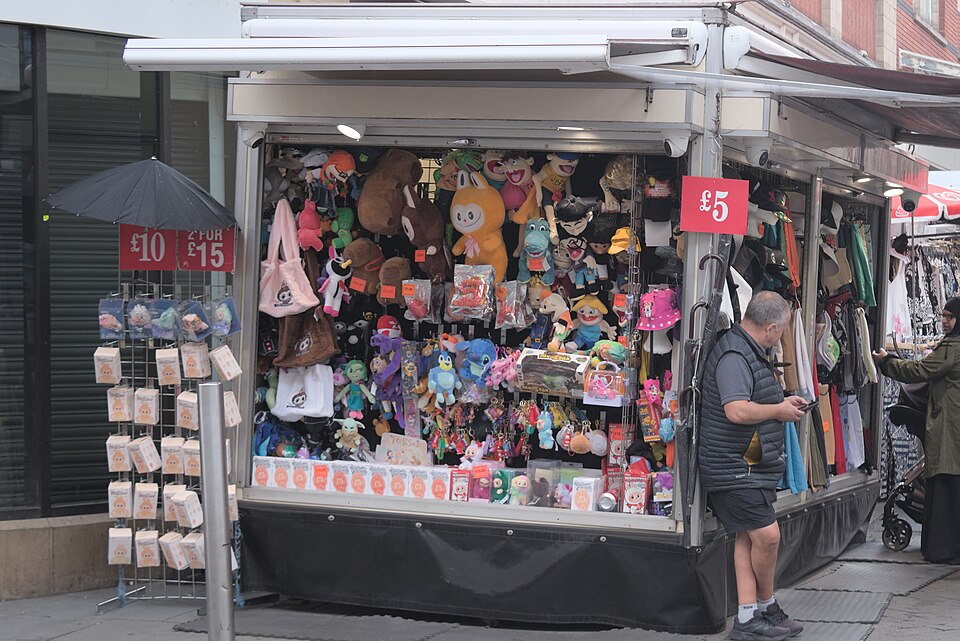
Trading standards officers in Moray have confiscated more than 100 counterfeit Labubu dolls from shops in Elgin town centre, warning that the knock-off toys could put children at risk.
The dolls are cheap imitations of the hugely popular Labubus created by Pop Mart. Thanks to celebrity shoutouts and viral social media posts, the quirky, wide-eyed characters have exploded in popularity. Genuine Labubu figures are pricey and hard to get hold of — which has opened the door for fakes to flood into UK shops.
But officials say the counterfeits are more than just disappointing copies. Many of the seized toys had small parts, like hands and feet, that easily came loose — posing a choking hazard. Some also had poor stitching and exposed stuffing, which could increase the risk of suffocation. In other cases across Scotland, fake Labubus were even found to contain harmful chemicals.
Spotting a fake Labubu
Consumer watchdog Advice Direct Scotland says there are some telltale signs of a counterfeit:
- Colours that look unnaturally bright
- The wrong number of teeth (real Labubus have nine exactly)
- Missing UV authenticity stamps, which were added in 2024
The Labubu craze
Labubus were designed by Hong Kong artist Kasing Lung. With their scruffy hair, sharp little teeth, and mix of creepy-cute charm, they’ve become more than just toys. Sold in blind boxes, collectors never know which version they’ll get, fueling a booming resale market. What began as a craze in China and Southeast Asia has since gone global, turning Labubu into both a collectible and a fashion accessory.
The counterfeit problem
The fakes mostly come from factories in China, where they’re sold for as little as £4 each. Authorities there have recently raided plants and seized tens of thousands of counterfeit dolls, but many still slip through and end up in UK shops and homes. Photo by Aethonatic, Wikimedia commons.



































